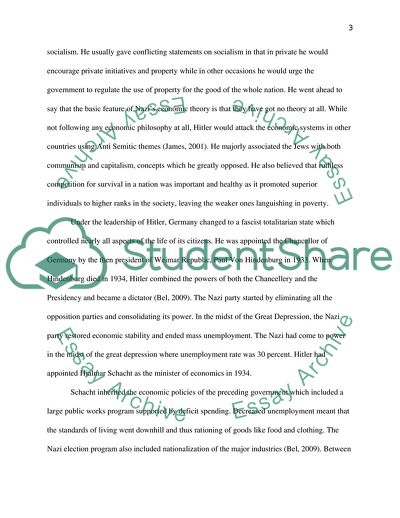Cite this document
(How Far Did Economic Restrictions Caused the Nazis to Fail in World War II Essay Example | Topics and Well Written Essays - 2000 words, n.d.)
How Far Did Economic Restrictions Caused the Nazis to Fail in World War II Essay Example | Topics and Well Written Essays - 2000 words. https://studentshare.org/history/1875682-how-far-did-economic-restrictions-cause-the-nazis-to-fail-in-world-war-ii
How Far Did Economic Restrictions Caused the Nazis to Fail in World War II Essay Example | Topics and Well Written Essays - 2000 words. https://studentshare.org/history/1875682-how-far-did-economic-restrictions-cause-the-nazis-to-fail-in-world-war-ii
(How Far Did Economic Restrictions Caused the Nazis to Fail in World War II Essay Example | Topics and Well Written Essays - 2000 Words)
How Far Did Economic Restrictions Caused the Nazis to Fail in World War II Essay Example | Topics and Well Written Essays - 2000 Words. https://studentshare.org/history/1875682-how-far-did-economic-restrictions-cause-the-nazis-to-fail-in-world-war-ii.
How Far Did Economic Restrictions Caused the Nazis to Fail in World War II Essay Example | Topics and Well Written Essays - 2000 Words. https://studentshare.org/history/1875682-how-far-did-economic-restrictions-cause-the-nazis-to-fail-in-world-war-ii.
“How Far Did Economic Restrictions Caused the Nazis to Fail in World War II Essay Example | Topics and Well Written Essays - 2000 Words”. https://studentshare.org/history/1875682-how-far-did-economic-restrictions-cause-the-nazis-to-fail-in-world-war-ii.


